According to Elaine Aron’s research, 15-20% of the population is highly sensitive. Highly sensitive people (HSPs) are more affected by the world around them and within them. Compared to the rest of the population, they notice more subtleties, feel and think more deeply, and may feel overstimulated or overwhelmed. Scientists have named the HSPs heightened receptivity Sensory Processing Sensitivity.
Sensitivity has its advantages, so it makes sense that the course of evolution…











